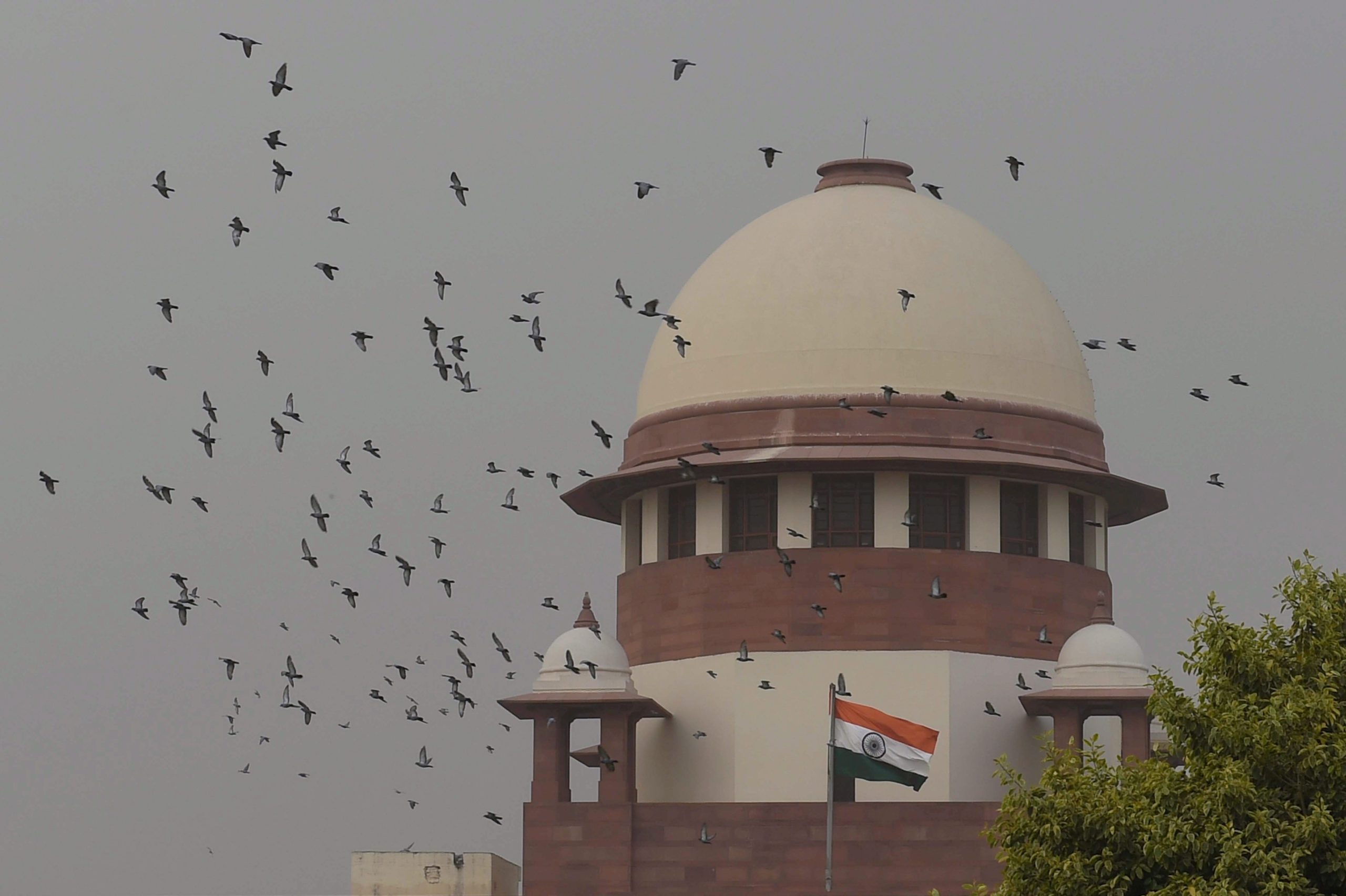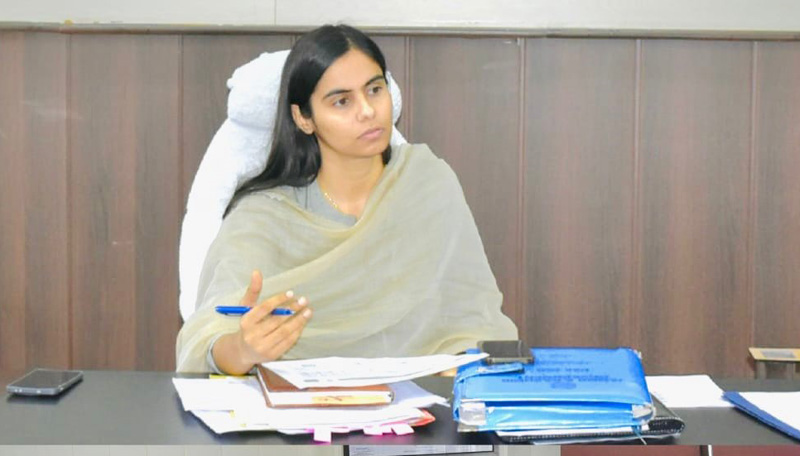New Delhi: The Supreme Court on Thursday agreed to hear a plea seeking an extension of the deadline for the mandatory registration of all waqf properties — including waqf by user — on the UMEED portal.
In its interim order dated September 15, the apex court had stayed certain provisions of the Waqf (Amendment) Act, 2025, such as the clause restricting the creation of waqf to those practising Islam for at least five years. However, the court declined to suspend the entire law, citing the presumption of constitutionality.
The bench also observed that the Centre’s move to delete the waqf by user clause from the amended law was prima facie not arbitrary, dismissing the argument that it could lead to government encroachment on waqf lands.
The term waqf by user refers to properties recognised as religious or charitable endowments based on their long-standing and continuous use for such purposes, even without a formal written declaration.
During Thursday’s hearing, a bench led by Chief Justice B.R. Gavai was approached by advocate Nizam Pasha, representing AIMIM leader Asaduddin Owaisi, seeking an extension of the registration period.
Pasha noted that while the amended law grants six months for waqf registration, “five months have already passed during the court proceedings, leaving just one month.”
Solicitor General Tushar Mehta, who was present for another case, objected to the plea’s mention, stating that the Centre should first be informed.
“Let it be listed; listing does not mean granting (relief),” the CJI clarified.
The Centre had launched the Unified Waqf Management, Empowerment, Efficiency and Development (UMEED) portal on June 6 to create a digital, geo-tagged inventory of all waqf properties. Under the mandate, details of all registered waqf properties nationwide must be uploaded within six months.













